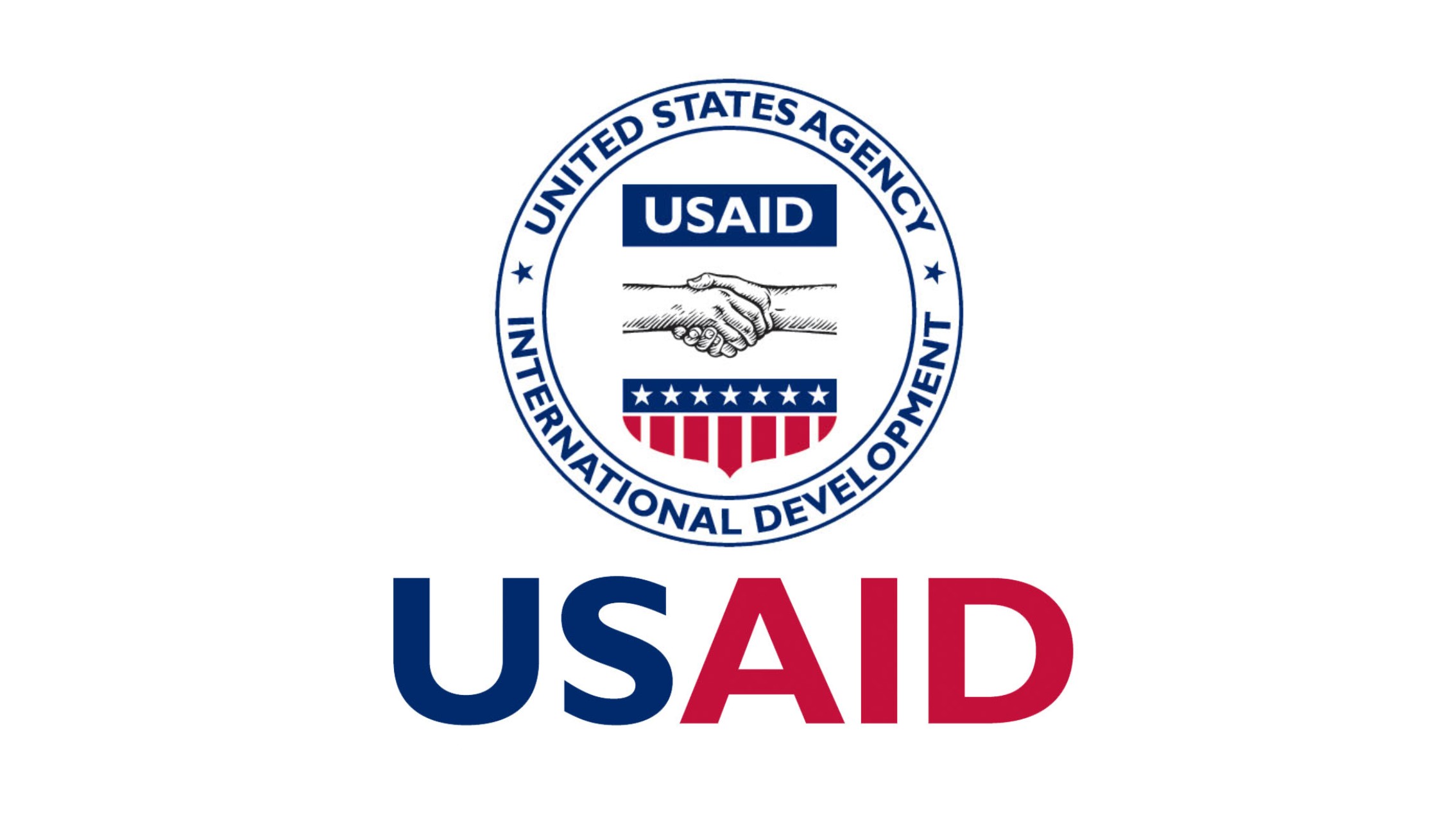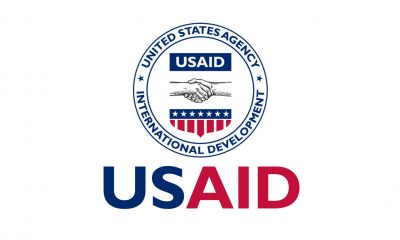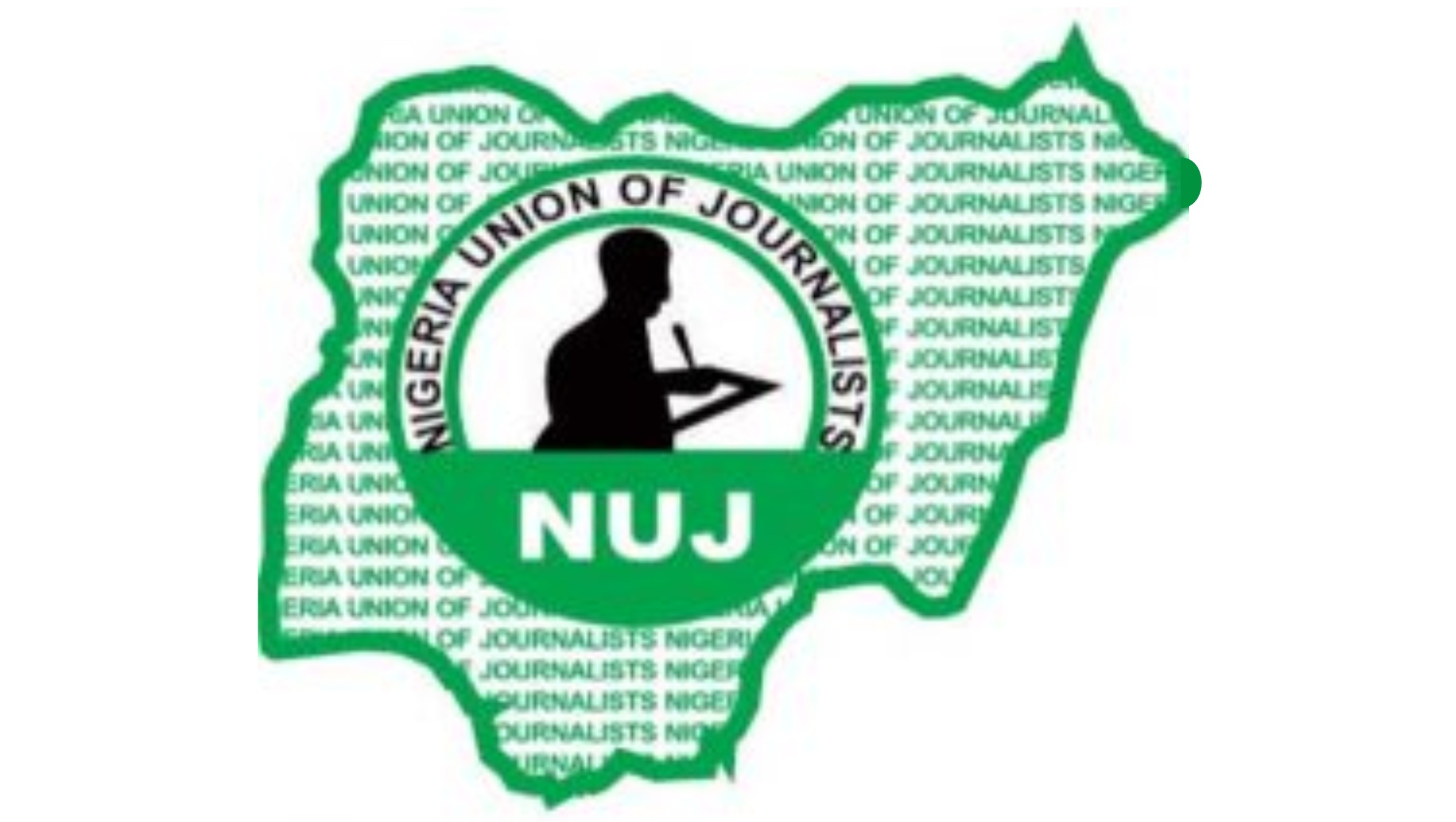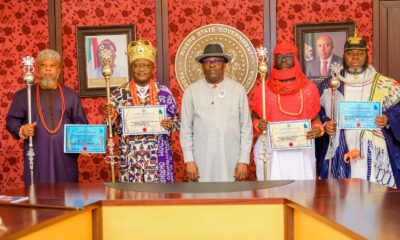Business
Adopt Integrated Farming, Drip Irrigation – Indian Ambassador
The Indian High Com
missioner to Nigeria, Amb. Ajjampur Ghanashyam has urged Nigeria to introduce Integrated Farming and Drip Irrigation to boost food production in the country.
Ghanashyam gave the advice at a Forum in Abuja on Sunday.
He said that drip irrigation, currently being practised in India, would help to improve dry season farming in Nigeria, especially in the Northern parts of the country.
He said that the introduction of drip irrigation and integrated farming would encourage export.
“Agriculture is one area in which there is tremendous potential. India has 1.5 million square kilometers of land which is arable.
“We grow sometimes three crops from the same piece of land because of desperation and when there is an emerging need, you have to innovate. That is what happened to us.
“Today, in some northern states, we are doing drip irrigation because water is a problem in those states.
“Drip irrigation is one subject which we have developed in India and now it has become very popular. Exactly what is required in Northern Nigeria.
“We are now developing a concept called integrated farming. Integrated farming means the farmer has his field, but takes out a part of his land to grow vegetables and fruits and takes out a little bit more area around his house to have a goat farm, poultry farm and have a bee keeping corner.
“So when the crop fails, he has vegetables he can sell, he has fruits and he has poultry, eggs and chicken which he can sell, he does not become desperate and think of the wrong thing.
“Nigeria with its available land can feed itself, feed the rest of Africa and still have surplus to export to China and India.
“That is the quality of your soil. You have the capacity and competence to do it. It is just that someone has to get up and start saying, yes, now is the time to start.“
Ghanashyam said that integrated agriculture had the capacity to improve the living standard of Nigerians if properly deployed.
He added that the farming method serve as an alternative to oil.
The high commissioner said that India was currently working closely with some Northern states in Nigeria to promote drip irrigation, but observed that the availability of water was a challenge.
According to him, Africa owns 60 per cent of the arable land in the world and 20 per cent of the land mass of the world.
He said that Nigeria had one-quarter of the wealth in Africa and 20 per cent of Africa’s population.
Ghanashyam said that the volume of trade between India and Nigeria stood at 17 billion dollars between 2014 and 2015 and had remained so in spite of the fall in the prices of oil.
He appealed to the Nigerian National Petroleum Corporation (NNPC) to sign a Turn Around Maintenance agreement with the National Oil Company of India as part of efforts at increasing oil production in Nigeria.
He called for the incorporation of the policies of the Federal and state governments to suit foreign businesses in Nigeria.
“Most times, Federal and state government policies do not support, complement or supplement each other and this is affecting foreign businesses in Nigeria,“ he said.
Business
USAID Re-emphasizes Agricultural Collaboration With Nigeria

Business
Nigeria’ll Lead In Agricultural Export This Year – Tinubu

Business
NDLEA, NIMASA Strengthen Cooperation Against Drug Trafficking

-
Politics13 hours ago
When Women Unite To Pray For SIM
-

 Business11 hours ago
Business11 hours agoUSAID Re-emphasizes Agricultural Collaboration With Nigeria
-

 Featured12 hours ago
Featured12 hours agoWe’ve Only One House Of Assembly Led By Oko-Jumbo, Fubara Clarifies …Signs Into Law N1.188trn Rivers 2025 Budget
-
Business11 hours ago
Agency Partners Foreign Varsity On Climate-Smart Agriculture Advancement
-

 Nation13 hours ago
Nation13 hours agoNUJ backs proposed strike by Lagos-owned media workers
-

 Niger Delta11 hours ago
Niger Delta11 hours agoFouchee Celebrates Asari’s Recognition
-
Niger Delta12 hours ago
NDDC Boss Thanks God For Transformation … Promises More Infrastructural Projects
-
Business11 hours ago
NACCIMA Rep Urges Farmers To Exploit Hybrid Oil Palm Seedlings

